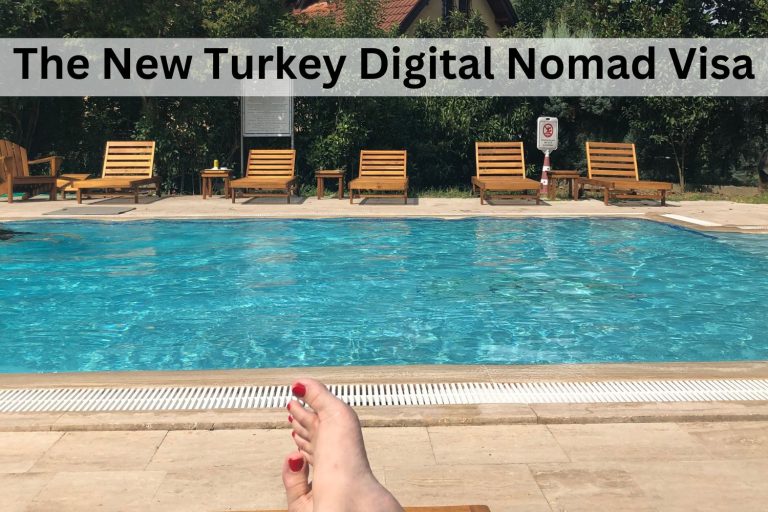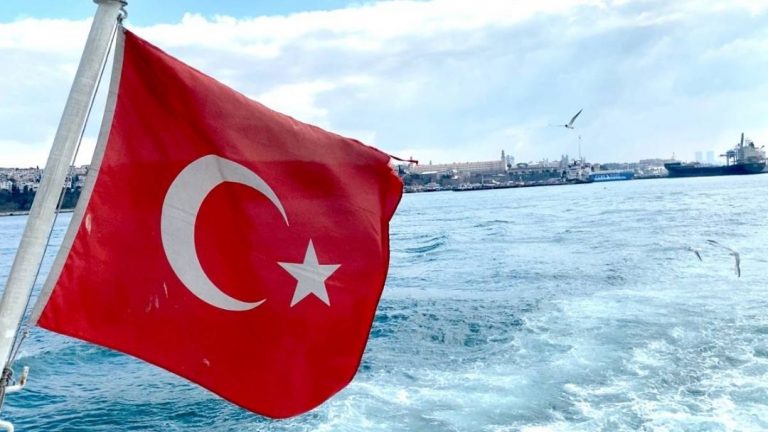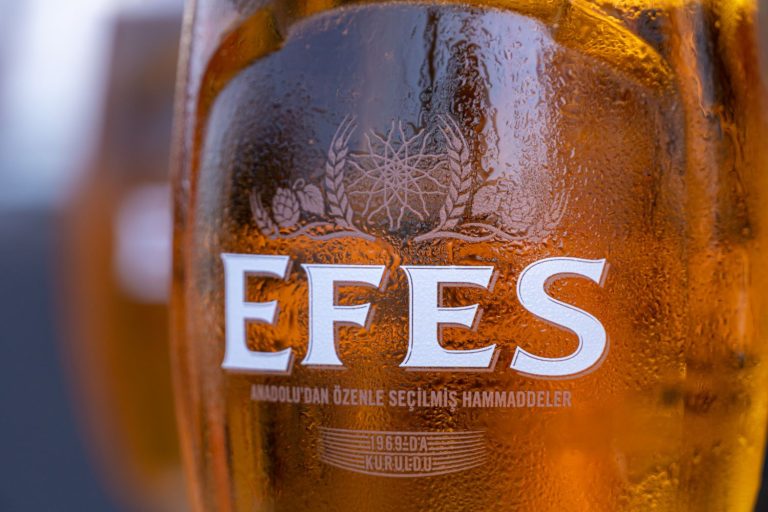5 Turkish Sayings that will give you an insight into Turkish culture (2023)
The Art of Living in Turkey contains affiliate links and is a member of the Amazon Services LLC Associates Program. If you make a purchase using one of these Amazon links, I may receive compensation at no extra cost to you. See my Disclaimers for more information.
Looking for a few Turkish sayings so you can fit in a bit more when you visit Turkey? Great! This is the post for you then.
Every culture has its own idioms, phrases, and proverbs.
Often the same phrases are claimed by many different cultures and thus can be really hard to give credit where credit is due.
That being said, some of these Turkish idioms, may in fact come from other cultures but this is how the Turks say them in the least.
What I love about these is it is often a look into what is important within a culture. It often shows a culture’s values and experiences.
What’s even better is when you use them correctly, Turks will think it is the best ever.
For a foreigner to use their idioms correctly is a high honor because not only did you learn the Turkish language but you sought to understand it as well.
Since I moved to Turkey, I have been working on learning Turkish. I will never stop learning, which is both daunting and encouraging.
In my time learning Turkish, learning idioms and the way Turks talk is my favorite.
Let’s check out 7 Turkish idioms and what they mean.
Learn Turkish Phrases
1. Pİreyİ deve yapma
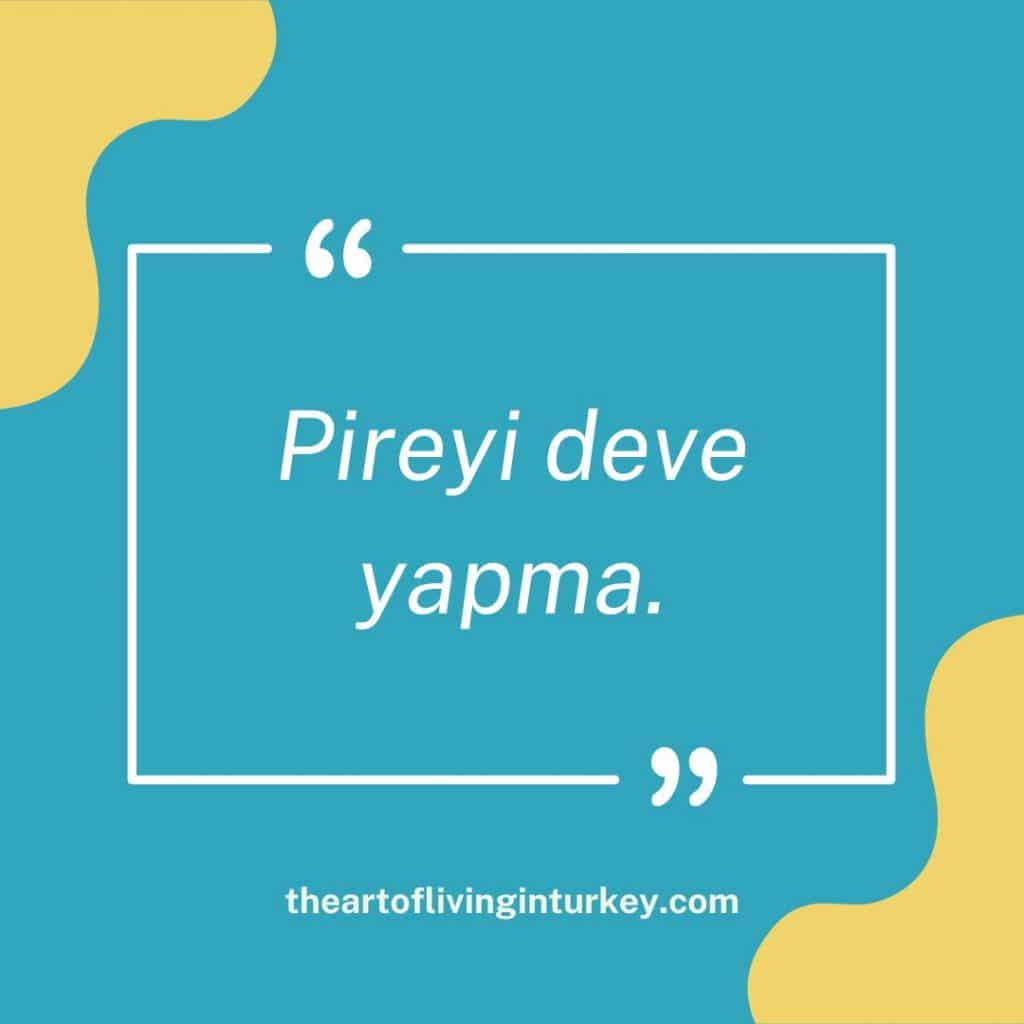
Literally: Don’t make a flea a camel
English equivalent: Don’t make a mountain out of a molehill.
Meaning: Don’t exaggerate. Don’t take something that is small and insignificant and make it into something bigger than it actually is.
It could be used in a context where someone isn’t accepting your small flaws, you’re a few minutes late, or even when someone is planning something and looking at even the smallest detail.
2. Lafla peynİr gemisi yürümez
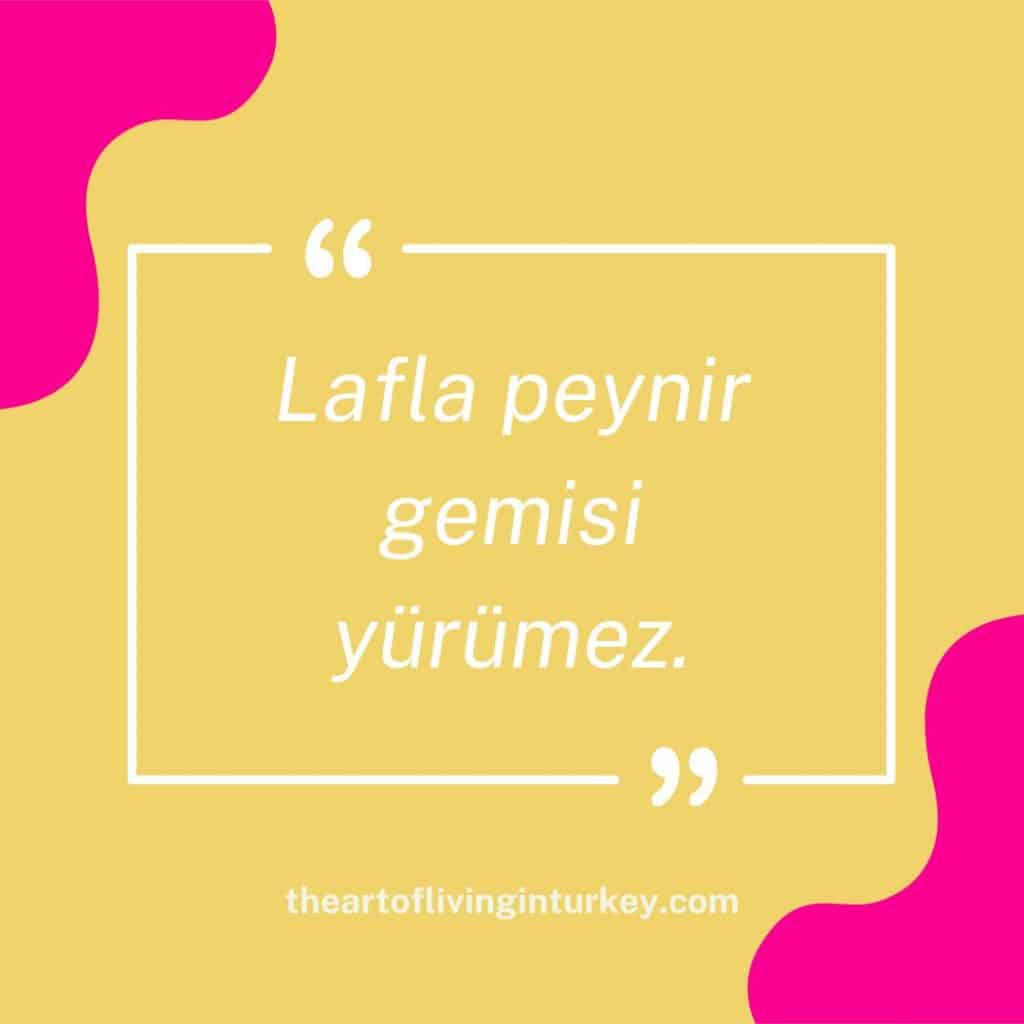
Literally: The cheese ship won’t move with words.
English Equivalent: Actions speak louder than words.
Meaning: Words aren’t what makes something happen. The action is the important thing. People often talk about all the things they will do or want to do or even need to do but then don’t do them.
If you never take action, the thing will never get done.
In Turkish culture, this comes from a story about a captain and a merchant. The merchant didn’t want to pay the necessary fees upfront and would always delay.
Eventually, the captain told him that the ship (full of cheese) wouldn’t run on words alone.
The ship needed oil and coal. He eventually paid and the captain shipped the cheese.
3. Doğru söyleyenİ dokuz köyden kovarlar
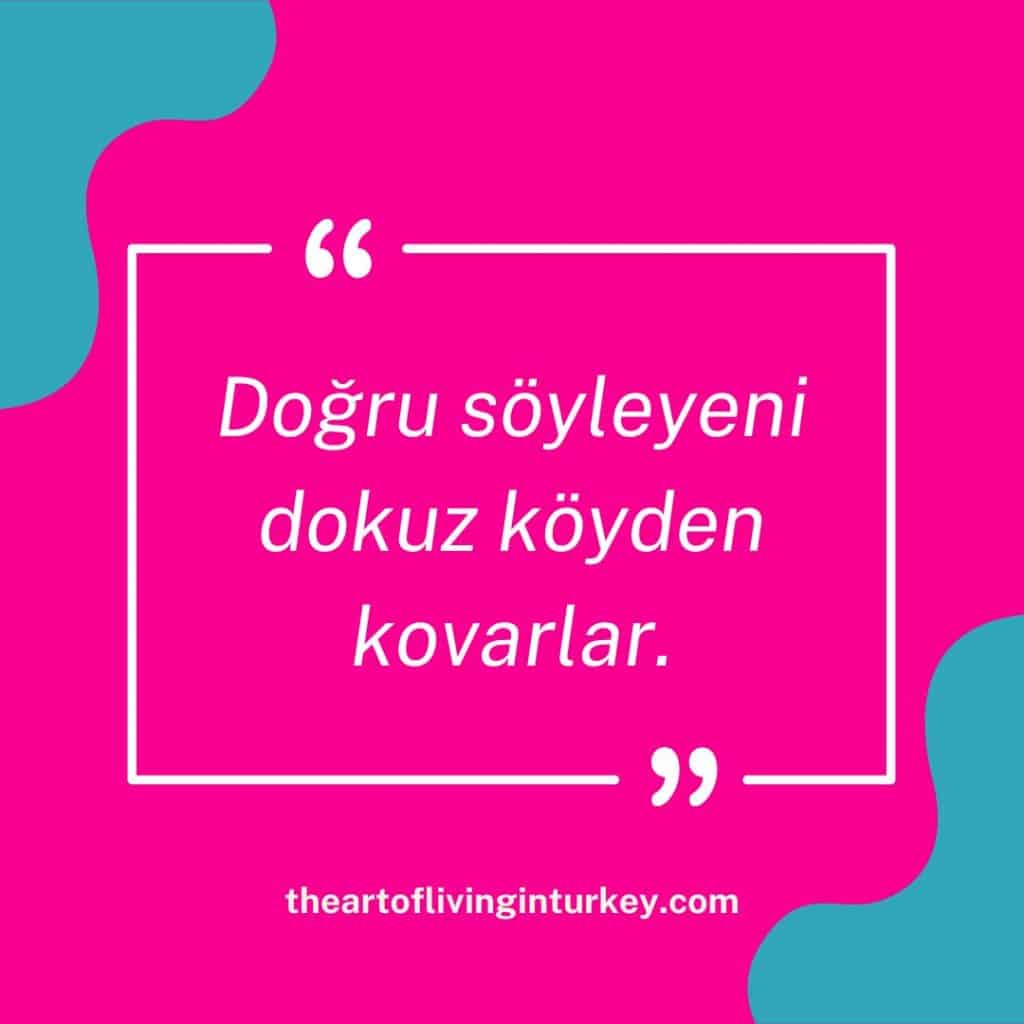
Literally: Those who speak the truth are expelled from nine villages.
English equivalent: All truth is not always to be told.
Meaning: Especially in an honor-shame culture it is important to note that the truth and rightness are not always the most valued thing unlike in many Western cultures.
If truth is said for a situation that is contrary to the interests of the other person, then he will probably be accused of being “bad”.
People who tell the truth are excluded from the society they live in if they go against the interests of the people.
If someone is always speaking the truth on every subject and is constantly contradictory it is hard to get along with that person. This is about this type of experience.
4. Maydanoz Olma
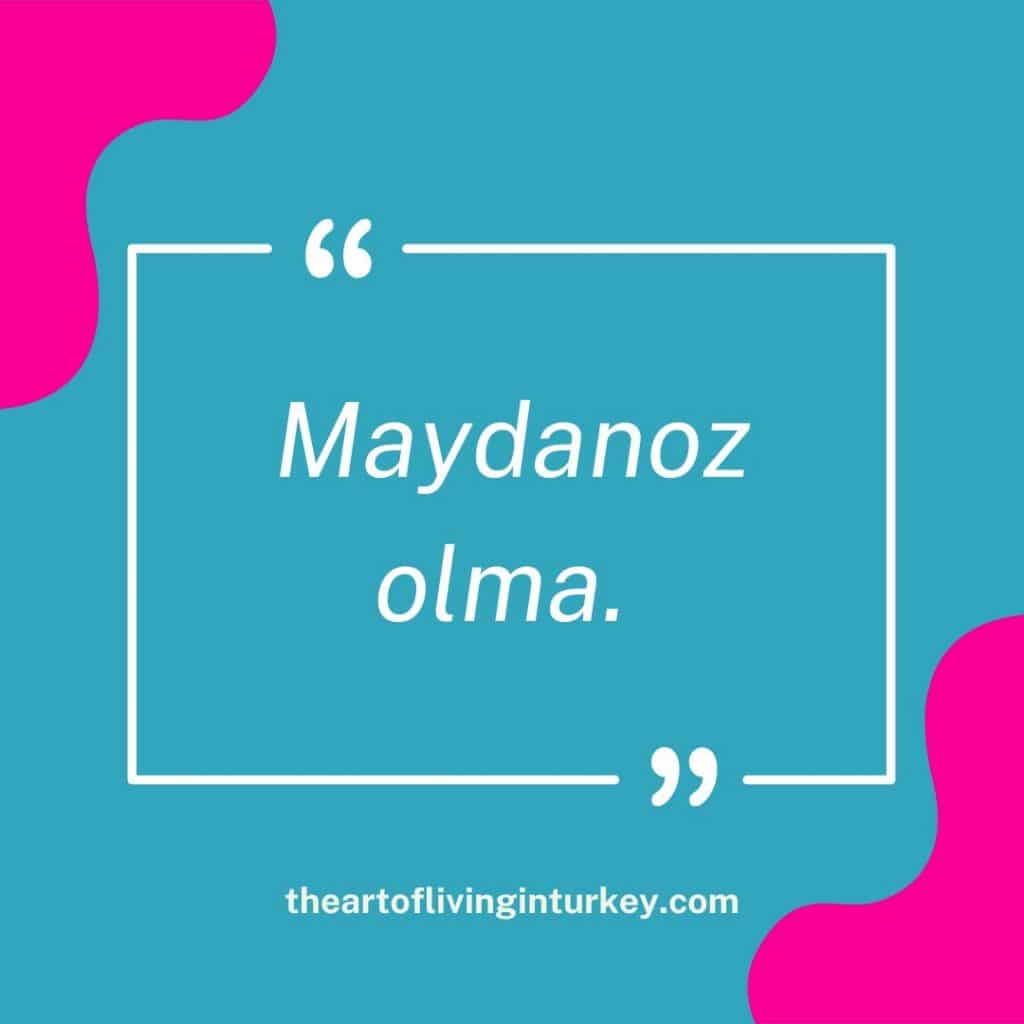
Literally: Don’t be parsley.
English equivalent: Don’t stick your nose in everything.
Meaning: In Turkey, parsley is used in all the foods. We put it in soups, meatballs, main dishes, salads, etc. Whatever is going on, there’s a good chance that parsley will be a part of it.
That being said, this is about someone who goes around sticking their nose in everything. You can say this phrase to your nosey friend.
Or when someone is asking questions about things you don’t want to talk about, though it may be considered ruder with someone you don’t know.
“Sana ne” literally means “What is it to you?” and that would be a more abrasive option between the two.
When I learned this in my Turkish lessons, I loved it immediately!

5. Ayağını yorganına göre uzat
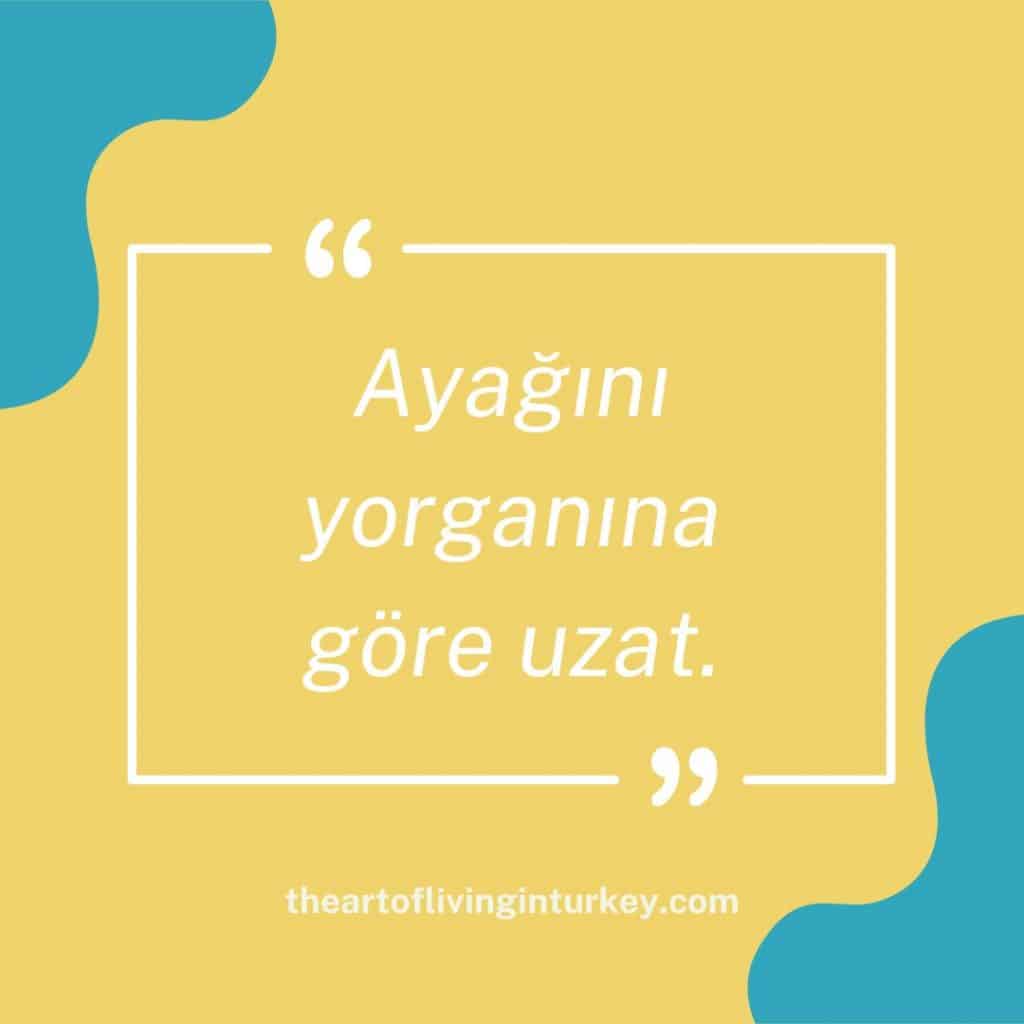
Literally: Stretch your feet according to your quilt.
English equivalent: Don’t spend more money than you have.
Meaning: This phrase is usually used in relation to someone who has a lot of debt with high interest or doing something that is beyond what their means would allow.
For example: If you are going to buy a house/car/major purchase, stretch your feet according to the quilt.
“So do not buy a house/car/major purchase by getting into unnecessary debt.”
6. Akıl akıldan üstündür
Literally: The mind is superior to the mind.
English equivalent: Two heads are better than one.
Meaning: This phrase is usually used to convey the idea that it is good to be open to others’ input, both advice and criticism.
Sometimes, something coming from a frustrating source can provide something of high value.
7. Balık etli
Literally: fish fleshed.
English equivalent: Meat on their bones.
Meaning: This is definitely a compliment when given. Most Turkish men like their women to be a bit more curvy.
So if someone says this to you, they aren’t calling you fat but they are complimenting the curves of your body.
A Bonus Turkish Expression
Balık kavağa çıkınca
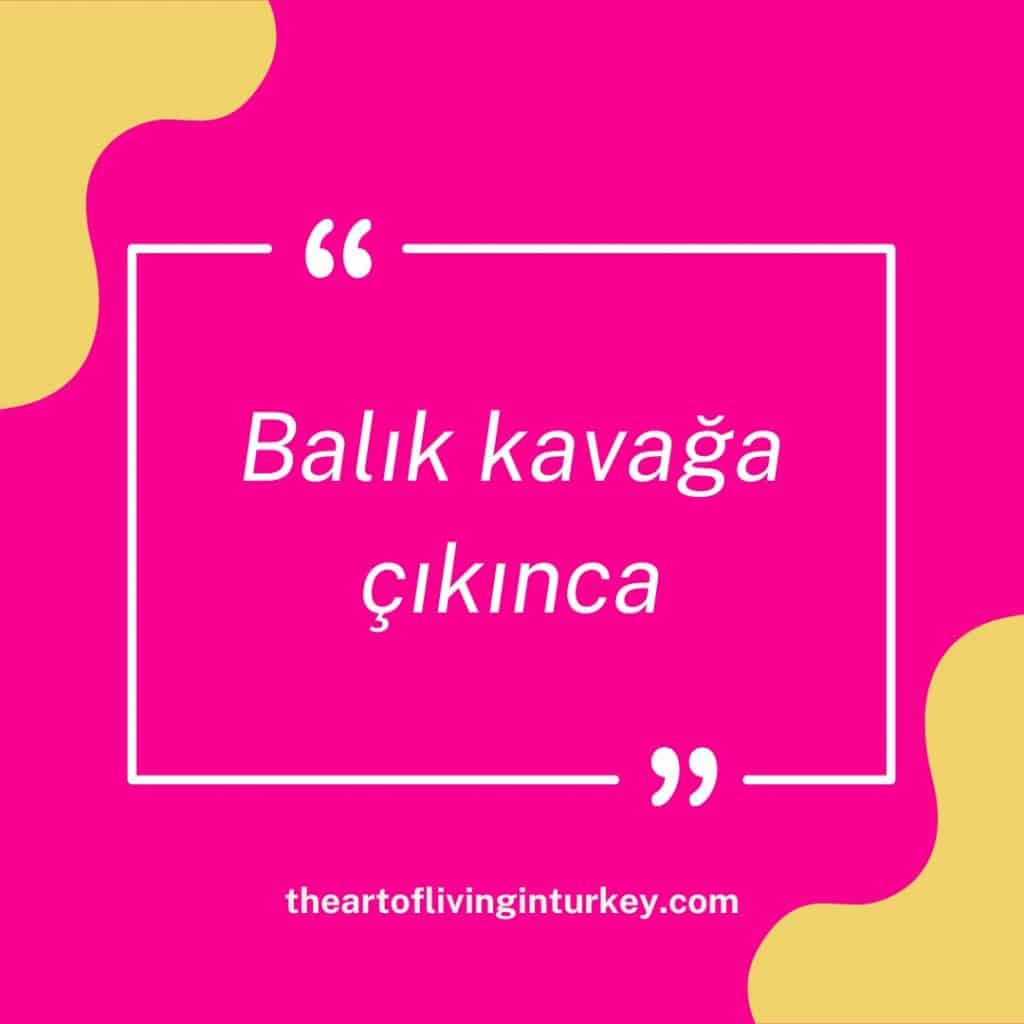
Literally: When fish climb trees.
English equivalent: When pigs fly. When hell freezes over.
Meaning: I just love this Turkish phrase. Of course, in English, we have something similar but I definitely think it is a funny picture thinking of fish climbing trees.
Essentially it is encouraging someone to not have expectations for something to happen when it is nearly impossible for that thing to happen.
See if you can work it into a conversation in Turkish.
Final thoughts on Turkish proverbs and sayings
I hope you have loved those as much as I do! It’s always fun to use an idiom properly and see a Turk’s response.
It is interesting to me how much proverbs and sayings are used within different cultures. This website has created a pretty epic list of popular Turkish proverbs.
If you scroll toward the end, there is a section of them in Turkish, English counterparts and what they actually mean.
Even English idioms can be difficult to understand.
Within British and American English the phrases are completely different and are most time not understood by the other.
Then there are other languages with their own cultures and it adds a whole new mix! I hope these helped you gain a little insight into Turkish culture.
So regardless of where you are on your language learning journey, I hope these phrases will be of value to you.
Perhaps when you visit you can dazzle your Turkish friends with your savvy knowledge of their language.
What is your favorite of these common Turkish phrases?
Read more:
- Want to learn a bit more about the countries surrounding Turkey
- Read more to figure out about a Turkish SIM card
- Looking for a few day trips from Istanbul: here are 11 of my favorites
- Learn more about Turkey’s history: When did it join NATO?
Turkey Vacation Basics
When I plan a trip these are the websites I use. Hope they help you plan your next adventure as well!
FLIGHTS: I am a huge fan of Skyscanner and WayAway.
VISAS: You can use the free e-visa portal here but for a few extra dollars you can use iVisa and someone else will handle any issues that may come up.
E-SIM: When I traveled to SE Asia I discovered e-sims and I’m never going back. Airalo has been easy and cheap!
TRAVEL INSURANCE: I use TravelInsurance.com for my trips abroad.
CAR RENTAL: I have loved working with Discover Cars when I rent cars in country.
AIRPORT TRANSFERS: I have used these transfers many times and they are always great. If you’d like more options, I also recommend GetTransfers.com as they allow you to compare companies.
ACCOMMODATION: Find the best Turkey hotel deals on Booking.com.
CITY TOURS & DAY TRIPS: You can browse GetYourGuide’s website to find just the tour you’re looking for!
